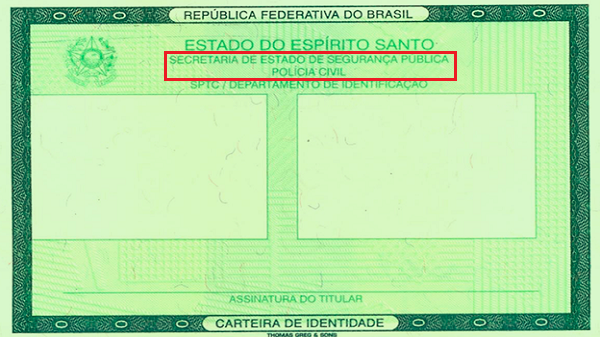Politics is the activity of governance, of state and power relations and also an art of negotiation to reconcile interests.
The concept of politics has its origins in the Greek politikós, a derivation of cops which means "city" and tikós, which refers to the "common good".
The meaning of policy is, in general, related to what concerns the public space and the good of citizens and their administration.
Politics is the city's own activity, it refers to human relations in a common space, divided and negotiated between individuals. The political system, on the other hand, is a form of organization and government that encompasses political institutions that make up a State.
Monarchy and Republic are the traditional political systems. Within each of these systems there can still be significant variations at the organization level. For example, Brazil is a Presidential Republic, while Portugal is a Parliamentary Republic.
The term can also be used to refer to a set of rules or norms of a given group and the relationship between people to achieve a common goal.
Thus, a company's policy, for example, are implicit rules defined by its vision, mission, values and commitments to customers.
The Origin of Politics
The emergence of politics took place in the Ancient Greece, when the need to create rules for the functioning and organization of Greek cities was realized (cops).
The first record of this type of political organization took place in the city of Athens and this system became known as "Athenian democracy".
Citizens are now responsible for the administration of the city, giving rise to the public space, the common space.
It was the Greek philosopher Aristotle who initiated the reflection on politics from his studies on the forms of government and the functioning of Greek cities.
According to Aristotle, human beings are political animals, that is, they are determined by nature to live in society and organize the forms for this coexistence.
For him, the city comes before individuals. He who by choice decides to live outside society, denies his own nature, is superior or inferior to human beings, a God or a beast.
What is Political Science?
Political Science studies the functioning and structure of a society, of a State and of political institutions. It also has as its object of study the power relations between subjects, the forms of organization of a State.
Thus, Political Science deals with ways of acting in society in relation to citizenship and justice. It is responsible for studying the influence of political and social phenomena on a given society, on behavior and social relations.
Studies in the area of Political Science are related to several other areas of study, such as History, Anthropology, Sociology, Philosophy, Economics and Law.
Learn more about the meaning of political science.
What are Political Parties?
Political parties are formed by groups of people who come together because they have common interests, principles, goals and ideologies. Thus, the function of a party is to represent a certain type of thinking about political values.
The existence of parties is fundamental as a way of accessing public office in elections, to represent their ideas during the occupation of political mandates.
The existence of parties also serves the interest of guaranteeing the representation of different ideas within a democratic political system.
See also what it means Left and Right in politics.
What are Public Policies?
Public policies consist of actions taken by the State that aim to serve the various sectors of civil society. For this, they create and supervise the rights that must be guaranteed to citizens of a country.
These policies are often implemented together and with the support of NGOs (Non-Governmental Organizations) or private companies.
As for their types, public policies can be:
- distributive,
- redistributive,
- regulatory requirements.
They can be performed, for example, as offering services or granting social benefits to a portion of the population.
Public policies can exist in several sectors, such as in the industrial, institutional, agricultural, educational, health and assistance and social inclusion areas.
Read more about the meaning of NGO.
What is a Monetary Policy?
Monetary policy consists of a set of measures that are adopted by economic authorities (such as governments and the Central Bank) to prevent a country's currency from being a source of imbalances.
The objective is to provide a frame of reference and framework for economic forces. In Brazil, monetary policy is managed by the Central Bank of Brazil (BACEN).
Monetary policy controls several issues, such as the amount of currency circulating in the country, credits and interest rate variations.
Monetary policy uses as one of its main tools the control over the amount of supply of the national currency.
There are two types of monetary policies: expansionary and contractionary. In the expansionist trend, there is a decrease in interest rates and an increase in the supply of the national currency. On the other hand, the opposite happens in the contractionary policy, an increase in interest rates and a decrease in the money supply.
See also the meanings of:
- Democracy
- Government
- state



